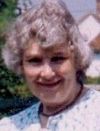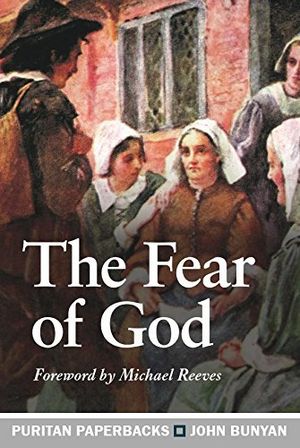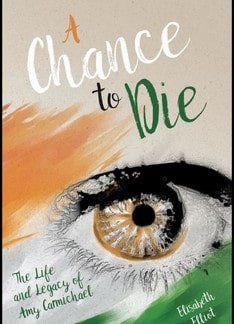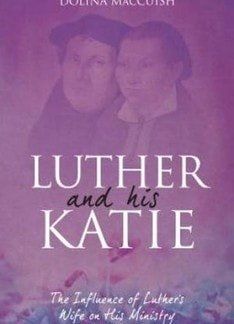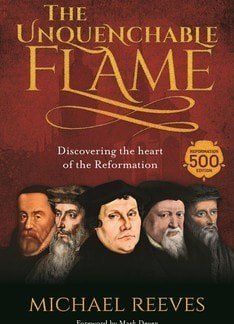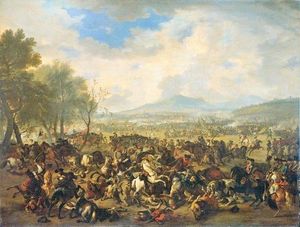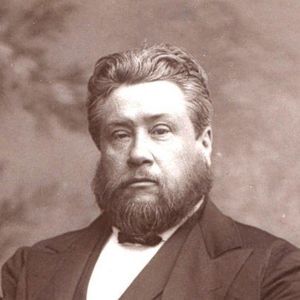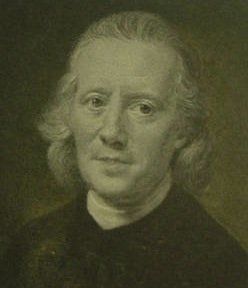
Leonard Dober could not sleep that night. As he tossed on his bed he struggled to banish from his mind an urgent appeal. A slave from the West Indies had entreated that someone should come to his island and bring the knowledge of Christ to a people destitute of a spiritual light and sunk in misery. But how could he help? After all, he was only eighteen years of age, and the Moravian Brethren at Herrnhut, among whom he lived and worked, would never place enough confidence in him to allow him to travel so far on such a hazardous commission.
A volunteer slave?
Worse still, Leonard understood that anyone who wished to win a hearing among the slaves would have to sell himself into slavery and share their lot. The thought terrified him. How could he endure such suffering? He could almost hear the merciless crack of the slave manager’s whip, the piteous cries of men and women as they stumbled and fell under its remorseless lashes. He anticipated the toil and the heat of the sugar plantations, the filthy conditions, and above all the degradation of slavery. No, the cost was too high. But if his Saviour had bowed before the lash of a Roman whip for the sake of sinners, could he not contemplate becoming the bond-slave of such a Master?
The night hours crept by and still the scenes refused to fade. Perhaps this was indeed God’s voice calling him to sacrifice his life in this way. How could he distinguish between his fancy and the will of God? If only there was someone with whom he could share his thoughts. At last the long night ended and the morning’s activities began. But throughout the day the burden of the benighted slaves weighed on Leonard’s mind.
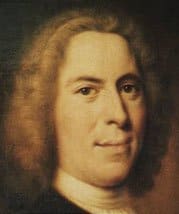
A prayer in the woods
As soon as his duties as a potter for the Herrnhut settlement were completed, he sought out his friend Tobias Leupold. As the two men sauntered together in the woodland, Leonard confided his desires and apprehensions. To his astonishment he discovered that Tobias had been wrestling with the selfsame burden, had endured the same mental crisis. He also had been anxiously awaiting an opportunity to talk it over with his friend. Together the two young men knelt in the quiet woods, consecrated themselves afresh to God’s service, and together determined to heed the call of God regardless of personal cost.
In 1722 the settlers on Count Zinzendorf’s property in Saxony had fled there from a persecution that had nearly crushed the church of the Moravian Brethren. For more than 300 years before that date, and predating the Reformation by more than fifty years, little groups of Moravian Christians had clung to gospel truths through ever-changing circumstances; sometimes prospering, sometimes almost decimated. And now, owing to Count Zinzendorf’s generosity, a remnant of this faithful band had found sanctuary in Herrnhut. Here they had lived for ten years prior to Leonard’s sleepless night. Full of spiritual zeal, many among them were contemplating opportunities to spread the gospel of Christ to distant parts of the earth – the first Christian church to undertake such an endeavour – and this was sixty years before William Carey sailed for India.
Casting lots for guidance
Following their prayer in the woods, Leonard Dober and his friend wrote to the count, whose personal zeal for world missions had first kindled this desire among the Moravian Brethren. But his response was muted. When the count shared the contents of the letter with the other settlers they too reacted negatively. Some were fearful of such a seemingly reckless undertaking; others were critical, suggesting that the young men were merely attention-seeking.
A full year elapsed without any further action being taken, and still the intolerable condition of the West Indian slaves burdened Leonard’s mind. At last Tobias and he decided to write directly to the leaders of the congregation offering their services for this pressing need. But again no decision could be reached. The only way around the impasse appeared to be by means of an expedient Count Zinzendorf favoured in such cases. They would cast lots for guidance. A solemn meeting was held and a box known as the Watch Word box was brought in. This contained numerous pieces of paper on which texts were written. With deep trepidation Leonard drew out a small scrap of paper. Unfolding it he read the words, ‘Let the lad go, for the Lord is with him.’ To his grief, when his friend drew his lot the answer was negative. Tobias was not to accompany him. Instead an older man, David Nitschmann, was chosen as his companion.
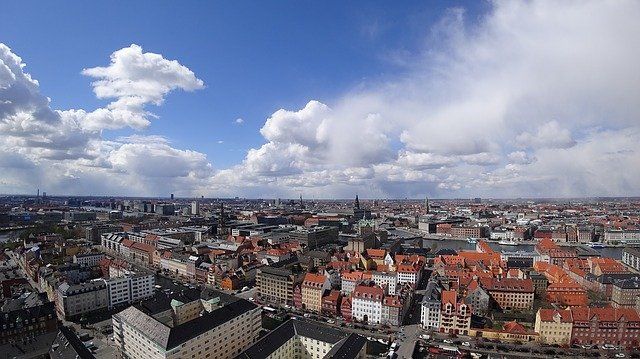
The birth of a mission
Dressed in brown coats and quaint three-cornered hats, bundles on their backs and a little money for food, the two men set off on foot for Copenhagen. So was born the Moravian missionary movement, precursor of a work which would take the message of the grace of God world-wide; and herald that great advance of the church of Jesus Christ into the farthest parts of the earth towards the end of the century. For 600 miles they trudged along the dusty roads, until at last Copenhagen was in sight. Here they hoped to gain favour at court through their connections with Count Zinzendorf and be granted passage on a ship bound for the West Indies.
Mockery and incredulity
Far different was the reception they received. Mockery and incredulity met them at every hand. How did they expect to live when they reached their destination, they were asked. When it was learned that these two missionaries planned to sell themselves into slavery, the derision reached new heights. That would be impossible, they were informed. How could they countenance such degradation? Did they imagine that a white man would even be accepted as a slave? But with patience and persistence they slowly won the favour of some in the royal household, until the court chaplain espoused their cause. At last a passage to St Thomas, one of the Virgin Islands of the West Indies, was granted; Leonard and Nitschmann embarked on the long voyage, far off from all they had known and into a life fraught with potential suffering.

For nine weeks they were tossed about on a stormy ocean until at last the yellowing rocks and low green hills of St Thomas came into view. Gazing at their prospective mission-field, scene of torment and sorrow for those they had come to serve – a prospect far different from that which greets the modern tourist – the two men sought out the consolations of the Word of God to strengthen their resolve. The Watch Word box was consulted. ‘The Lord of Hosts mustereth the host to the battle’, they read on their chosen slip of paper. And surely that same God would not fail them now.
A plantation mud hut
In the event God did not require of them the costly sacrifice they were prepared to make: their offer of themselves as slaves was rejected. Instead the two men lived in a little mud hut on one of the plantations. For three months they toiled together until Nitschmann had assured himself that his young companion had settled into the work. Then he sailed back to Europe, leaving Leonard to labour alone.
No dramatic results attended his testimony, but gradually the people grew to love and trust the young man who would willingly have embraced slavery that they might become free men in Christ. Slowly, darkened minds began to bow before the gospel of God’s pity and grace, the family of the slave who had originally appealed for help being among the first to be touched. When Leonard Dober was recalled by his church four years later, he had seen the early converts of an amazing work of God which was to expand to 13,000 new believers in the West Indian islands before any other missionary society reached those distant shores.


